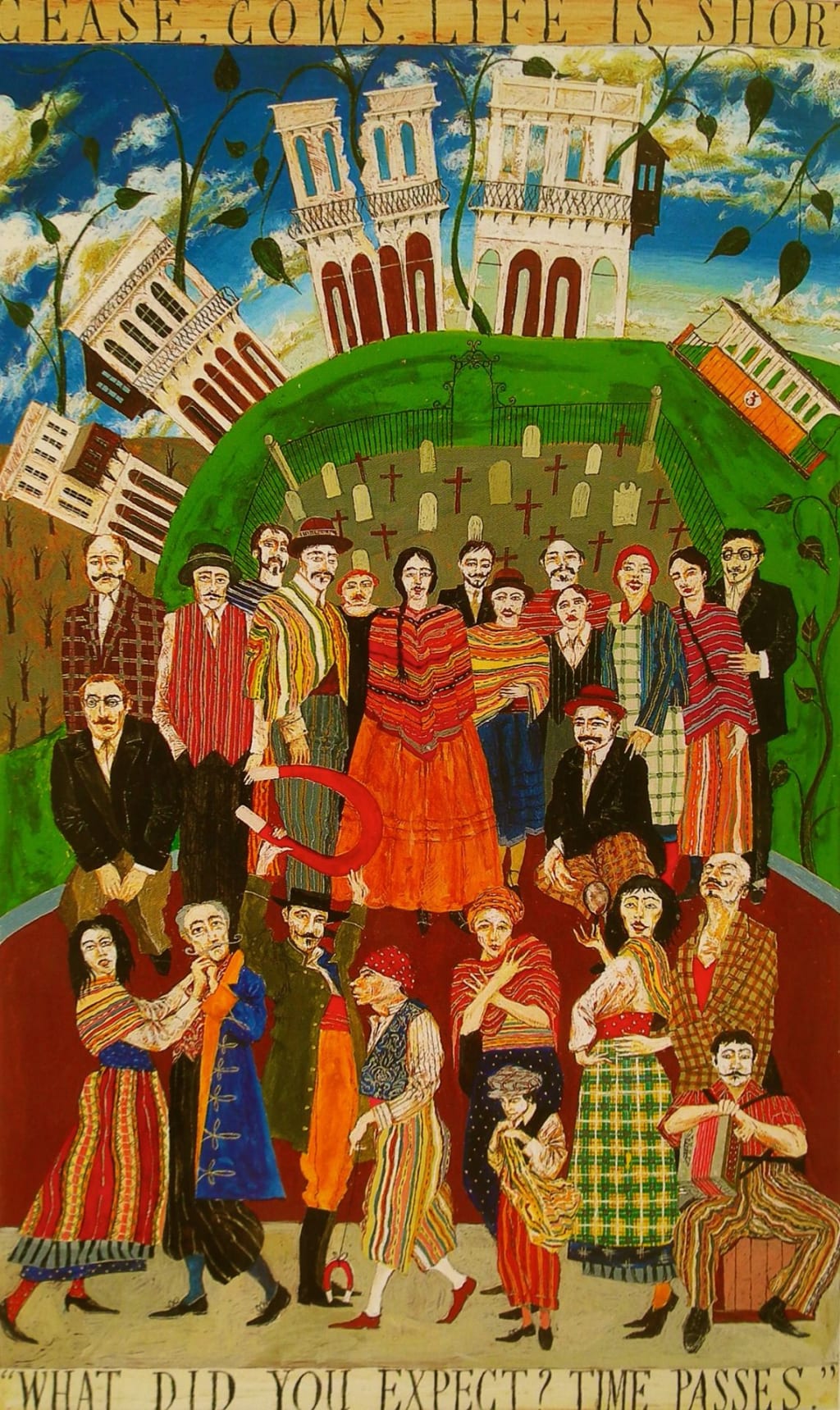
Certainly, here's an in-depth review of Gabriel García Márquez's "One Hundred Years of Solitude" with a word count of approximately 1000 words:
Gabriel García Márquez's "One Hundred Years of Solitude": A Literary Masterpiece of Magical Realism and Human Destiny
Gabriel García Márquez's "One Hundred Years of Solitude" is more than a novel; it is a mesmerizing journey into the depths of human existence, the intricate web of familial bonds, and the enchanting fusion of reality and fantasy. First published in 1967, this literary gem has since become an icon of magical realism, captivating readers around the world with its lush narrative, vivid characters, and profound exploration of the cyclical nature of history and human destiny.
The Genesis of Macondo: A World of Magic and Reality
The novel is set in the fictional town of Macondo, a place both real and surreal, where the boundaries between the ordinary and the extraordinary are fluid. Márquez introduces us to the Buendía family, whose patriarch, José Arcadio Buendía, is an intrepid dreamer determined to discover the secrets of alchemy and unravel the mysteries of the universe. His insatiable curiosity sets the stage for a narrative that spans generations and defies conventional notions of time and reality.
One of the defining features of "One Hundred Years of Solitude" is its use of magical realism. García Márquez seamlessly blends the supernatural with the mundane, infusing everyday events with an otherworldly quality. Miracles, prophecies, and inexplicable occurrences are presented matter-of-factly, blurring the lines between reality and fantasy. The result is a narrative that is both enchanting and disorienting, inviting readers to suspend their disbelief and immerse themselves in a world where the extraordinary is ordinary.
Characters as Archetypes: A Multigenerational Epic
The characters in "One Hundred Years of Solitude" are not merely individuals but embodiments of universal human traits and experiences. Each member of the Buendía family represents a facet of the human condition, and their stories are woven together in a complex tapestry of love, passion, tragedy, and destiny.
José Arcadio Buendía, the family's enigmatic patriarch, embodies the relentless pursuit of knowledge and the perils of obsession. His wife, Úrsula, represents enduring love and the burden of ancestral memory. Their descendants, from the passionate Aureliano to the ethereal Remedios, embody various aspects of human existence, from rebellion and solitude to transcendence and mysticism.
The relationships within the Buendía family are marked by a profound sense of déjà vu, as characters often find themselves repeating the mistakes and passions of their ancestors. This cyclical pattern of history reinforces the novel's central theme: the inescapable ties of fate and the repetition of human folly across generations. García Márquez skillfully portrays the characters' struggles to break free from this cycle, making their journeys both poignant and relatable.
A Chronicle of Latin America: Historical and Political Allegory
While "One Hundred Years of Solitude" is deeply rooted in the personal stories of the Buendía family, it also serves as a powerful allegory for the history of Latin America. García Márquez uses the novel to comment on the region's tumultuous history, marked by colonialism, revolutions, and political upheaval.
The novel's depiction of Macondo's transformation from a secluded, idyllic town into a hub of progress and chaos mirrors the broader historical changes experienced by Latin America. The rise and fall of various leaders and the cyclical nature of violence and political turmoil are themes that resonate with the region's history.
The character of Colonel Aureliano Buendía, in particular, symbolizes the revolutionary spirit that has characterized many Latin American countries. His idealism and dedication to social justice are contrasted with the tragic repetition of violence and failed uprisings, highlighting the challenges faced by those who seek to change the course of history.

The Poetic Prose: A Literary Masterpiece
Gabriel García Márquez's prose in "One Hundred Years of Solitude" is nothing short of poetic. His writing is characterized by lush, descriptive language that immerses readers in the sensory experience of Macondo. The imagery he employs is vivid and evocative, from the sweltering heat of the town to the fragrance of flowers, making the setting itself a living, breathing character in the narrative.
One of García Márquez's greatest strengths is his ability to convey the innermost thoughts and emotions of his characters. He delves into their psyches with such intimacy that readers feel as though they are sharing the characters' joys and sorrows. The characters' internal struggles and desires are vividly portrayed, adding depth and authenticity to their journeys.
The novel's narrative structure is nonlinear, with events occurring out of chronological order. This unconventional approach reflects the way memory and history are often experienced in real life, as a series of interconnected moments rather than a linear progression. It also contributes to the dreamlike quality of the narrative, where time itself seems to bend and flow.
Legacy and Influence: The Power of "One Hundred Years of Solitude"
"One Hundred Years of Solitude" has left an indelible mark on the world of literature. It popularized the genre of magical realism, which combines the ordinary and the supernatural in a way that blurs the boundaries between reality and fantasy. García Márquez's innovative narrative style and storytelling techniques have influenced countless authors and artists.
The novel's impact extends beyond the realm of literature. It has inspired adaptations in film, theater, and art, further cementing its place in the cultural canon. Márquez's exploration of the human condition, the passage of time, and the cyclical nature of history continues to resonate with readers of all backgrounds and generations.
In Conclusion: "One Hundred Years of Solitude" as a Literary Triumph
Gabriel García Márquez's "One Hundred Years of Solitude" stands as a literary triumph that transcends cultural and temporal boundaries. It is a narrative that invites readers to journey into the heart of humanity, where love and solitude, passion and tragedy, reality and magic coexist. Through the Buendía family, García Márquez weaves a multigenerational epic that explores the intricate tapestry of human existence and the inescapable ties of destiny.
The novel's enduring legacy lies not only in its enchanting storytelling but also in its ability to provoke reflection on the human experience and the complex interplay of history, memory, and identity. "One Hundred Years of Solitude" is a testament to the power of literature to transcend the confines of time and space, offering readers a glimpse into the eternal mysteries of life and the enduring allure of storytelling.

About the Creator
ANFAS
LIFE IS VERY SHORT






Comments (1)
😭😭😭😭😭😭